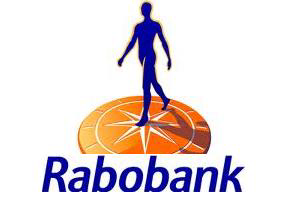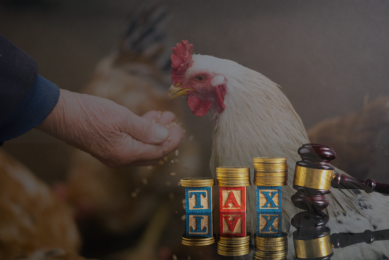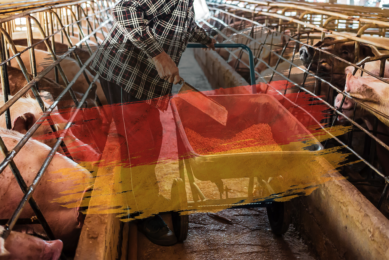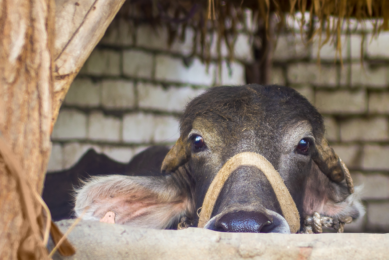Rabobank says more investment is needed in EU grain sector

New research carried out by Rabobank and Copa-Cogeca shows investment must be stepped up to improve infrastructures and storage capacity in the EU grain and oilseeds sector. This would maximise trade and ensure that EU livestock producers have good access to feed.
Huge investment opportunities exist here and projects must be included in the 315 billion Junker investment plan, Copa-Cogeca said.
Rabobank highlights that the EU grain and oilseeds supply chain offers many investment opportunities. In 2014, a bigger than usual EU grain harvest was seen and this is expected to continue until 2024, new EU Commission forecasts state. The EU became the world’s top wheat export market this year and will be the cornerstone of trade in the future.
Storage capacity is currently not sufficient and will not be in 2024 unless action is taken.
Max Schulman, Chairman of Copa-Cogeca cereals working party said “The study is very timely in view of the bumper harvest this year and the difficulties foreseen in commodity flows in the next decades. The trend in cereals productivity confirms that more commodities from the hinterland will be transported. Players must solve the current bottlenecks in storage infrastructures to capture this long-term potential and to maximize trade worldwide. Storage capacity needs to be more strategic if farmers are to benefit from the Single Market”.
Vito Martielli, Grains and Oilseeds analyst from Rabobank said: “EU logistic infrastructures for grains and oilseeds offer investment opportunities. Eastern Europe will be the main area of growth due to yield and export potential. This presents opportunities for large global players and western European collectors wanting to diversify sourcing options. Germany and France are expected to see growth mainly in inland origination. Players with pan-European ambitions should increase sourcing opportunities in Eastern Europe through logistical assets, be present in destination countries in Southern Europe, and by strengthening of inland origination in their domestic countries.”
Copa-Cogeca consequently urges the EU to ensure that projects for this are included in the 315 billion euros Juncker Investment Plan as there is a huge potential to boost growth and jobs upstream and downstream and get more people back to work. Copa-Cogeca believes that the EU agriculture sector must be a key element in the plan as it plays a strong role in strengthening the economy especially in EU rural areas. Yet out of the 1000 applications already waiting, very few or none relate to agriculture. This must be revised.











